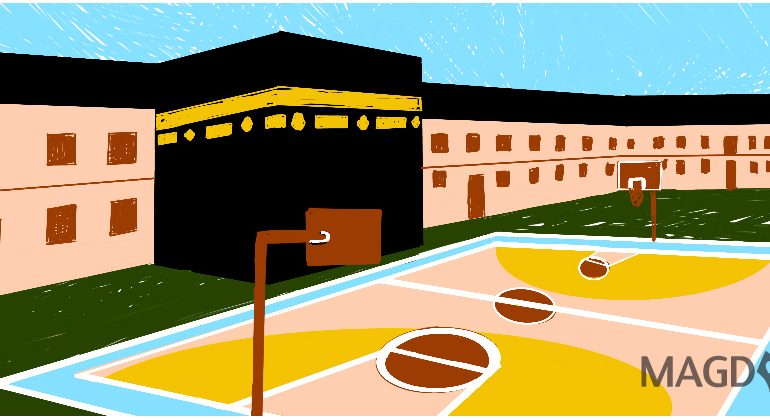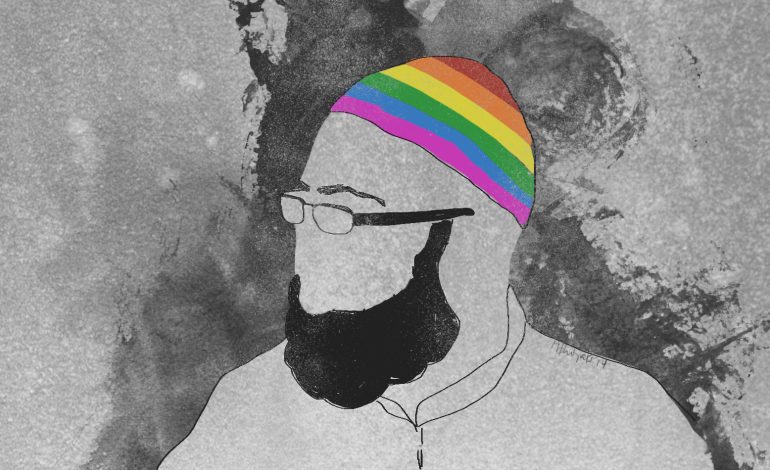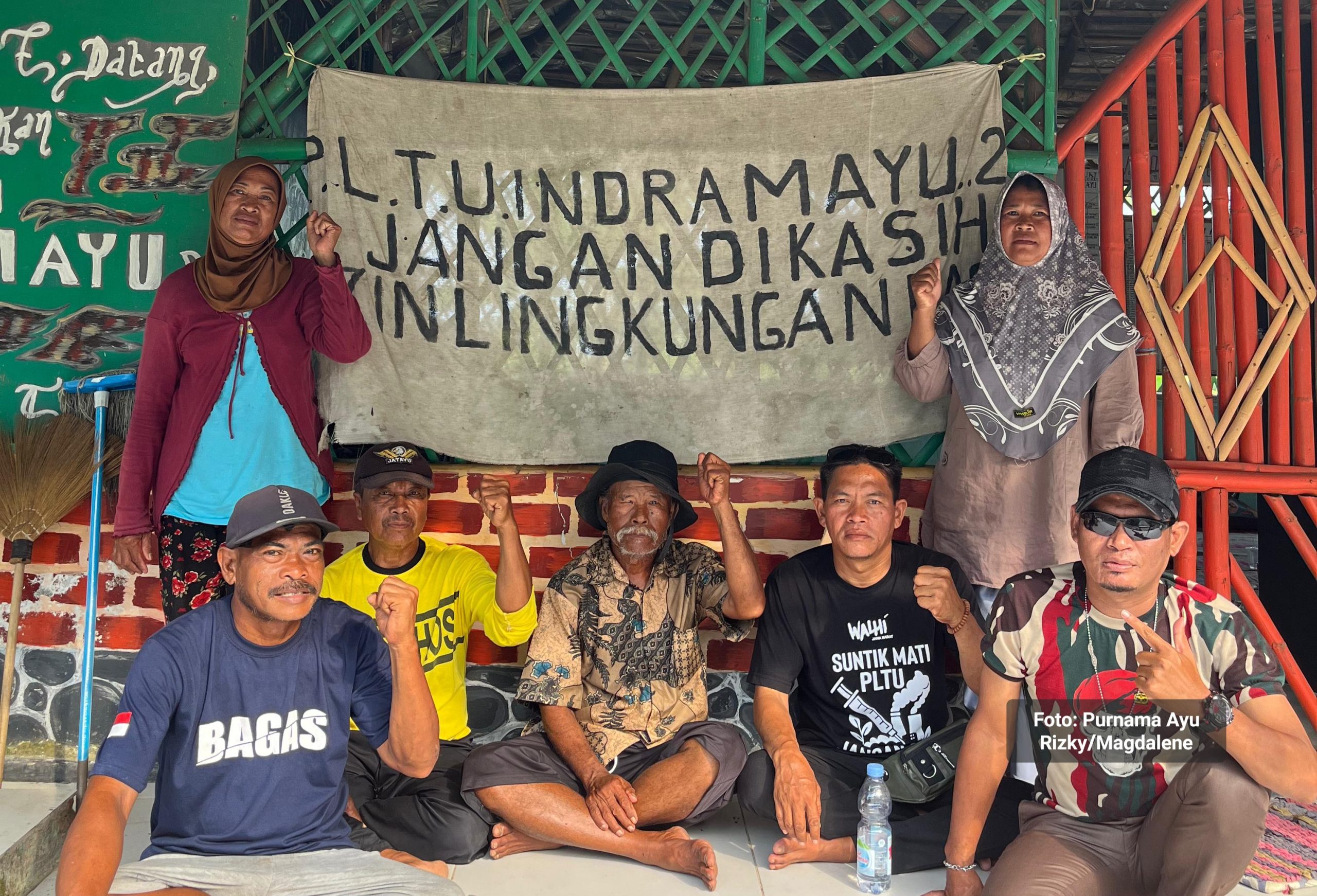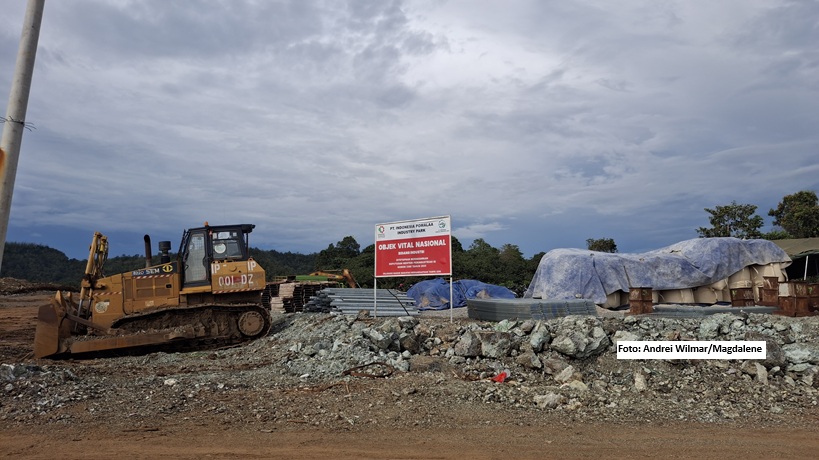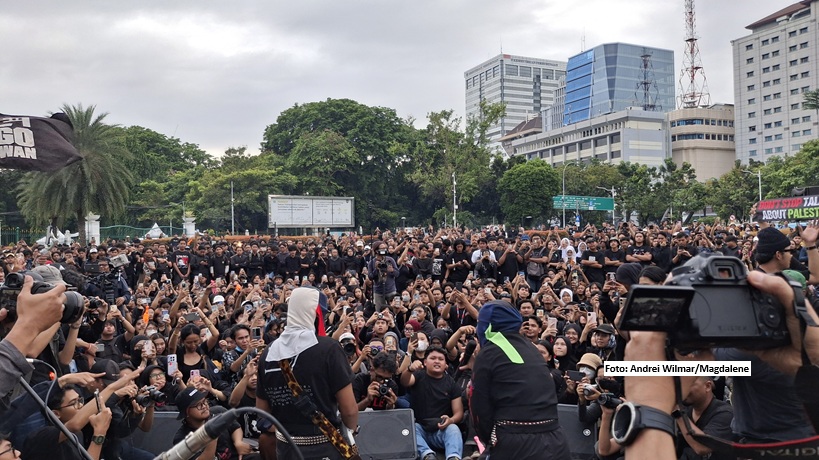To All the Queer Folks Getting Over Their Breakups
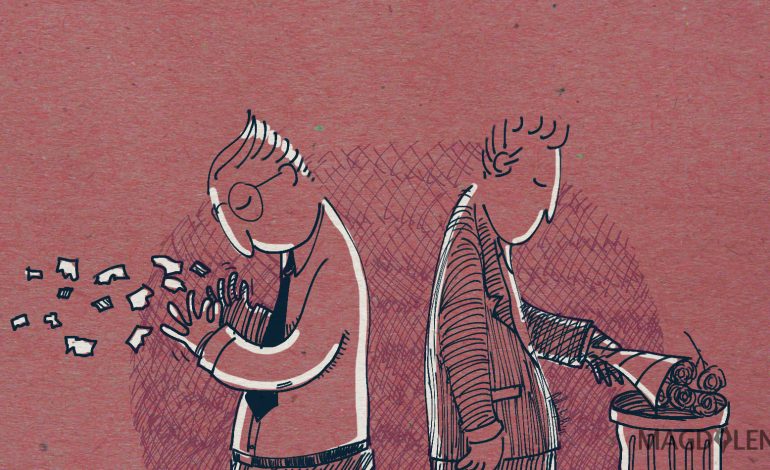
It has been two months since my almost-three-year-long relationship ended. Yes, the breakup occurred over the phone, but it was probably the most mature breakup I have ever known. My ex and I never called each other bad names, or worse: threatened each other’s safety by outing the fact they we are gay—a risk that LGBTQ folks in Indonesia fear every day.
The threats that our identities will be revealed are real, as evidently shown by how we had increasingly become a target of political punching bag in the 2019 election. So, given the depressing contexts, I am probably one of the lucky few who had never experienced any threat to my personal safety heads-on. But just like anyone who has ever been through a breakup after a long-term relationship, getting over is never easy, no matter how civilized the breakup process is.
Almost a year ago I wrote an article on Magdalene that captures my struggle as a gay man. In that article, I shared my truth on how finding a life partner in a country that oppresses same-sex relationship is like finding a needle in a haystack. But unlike our straight counterparts, we don’t have the privilege to share the weight of our broken heart truthfully with our conservative family.
Unlike our straight counterparts, people have the predisposition to say that our love for another is “not legitimate” because our society believes that “queerness is just a sinful sexual desire that lasts temporarily”. Unlike our straight counterparts, we do not share the privilege of finding a life partner from a casual real-life encounter easily, because most gay men in Indonesia are closeted. In fact, one public health study shows that structural stigma has resulted in 83 percent of the world’s gay, lesbian, and bisexual population hiding their orientation.
Psychologist Guy Winch in his book How to Heal a Broken Heart explains how emotional heartbreak can severely affect our well-being and productivity, yet heartbroken people are expected to bounce back and function normally in their daily lives. In other words, societies are predisposed to treat heartbreak as something less of an importance than any physical illness, although the impact of heartbreak to our productivity can be just as damaging.
Mending a broken heart is a struggle for everyone – gay or straight, cis or trans – but for my LGBTQ folks the struggle quadruples because society still denies them the right to love another human being. At the same time, we must constantly be aware of our safety by restraining ourselves from sharing how we feel to the people we are closed with, including our family. Some even call us a straight-up liar for expressing what we experience and truly feel. For telling the truth!
We are forced to keep our broken heart to ourselves, not only because society in general tend to belittle psychological pain, but also because we must protect our safety. We probably would not just tell our parents or coworkers that we just broke up a week ago because it might invite more questions.
If this is not your case, then you are lucky! For many of our LGBTQ folks, a support system can be worth more than a diamond. A support system is like the family that we choose, which is not necessarily determined through a bloodline.
To my LGBTQ folks, I truly hope that you can remember this: if you are experiencing a broken heart, do not let society tell you that your feeling does not deserve a recognition. Reach out to people you trust the most, and if you like it, talk your heart out. While being aware of your safety in the increasingly hateful society that we are living in, your love and your pain are still yours to feel. Never let other people’s prejudices tell you otherwise.

